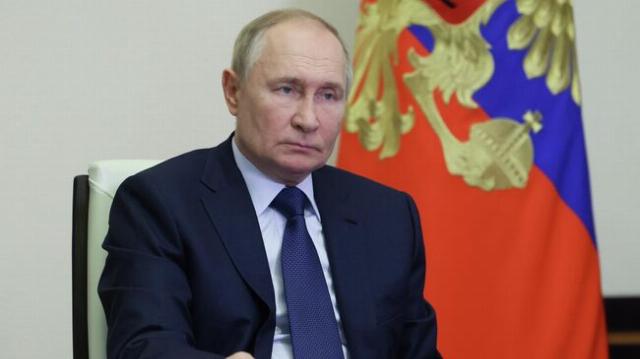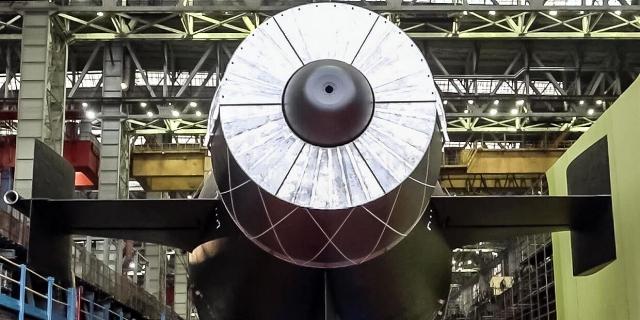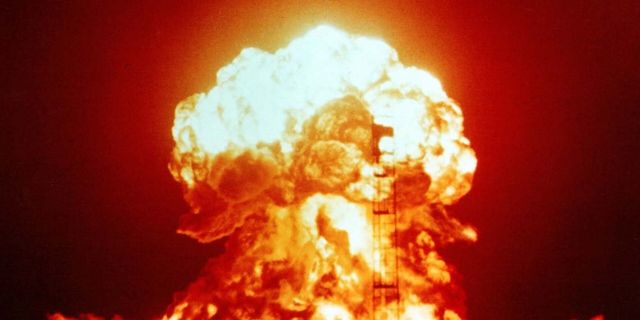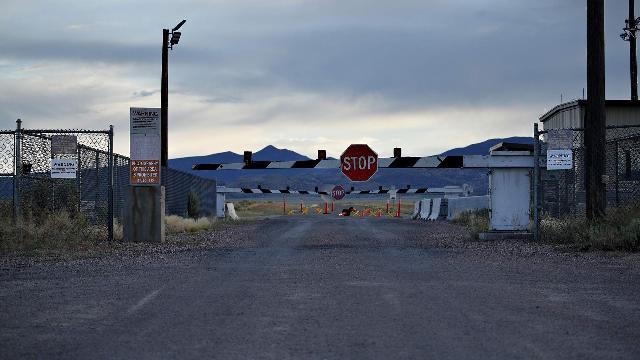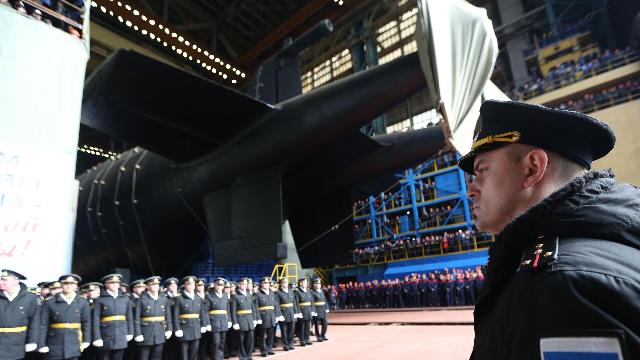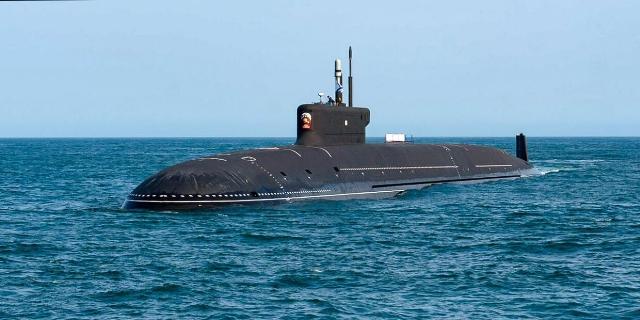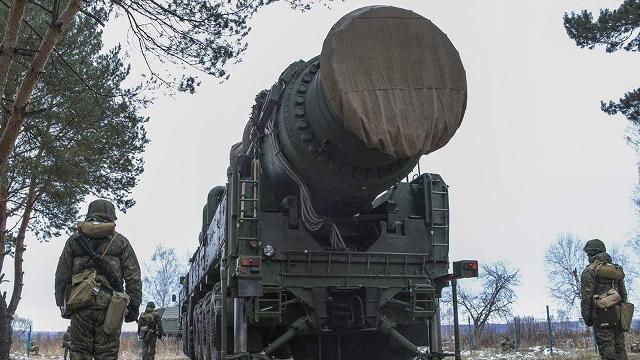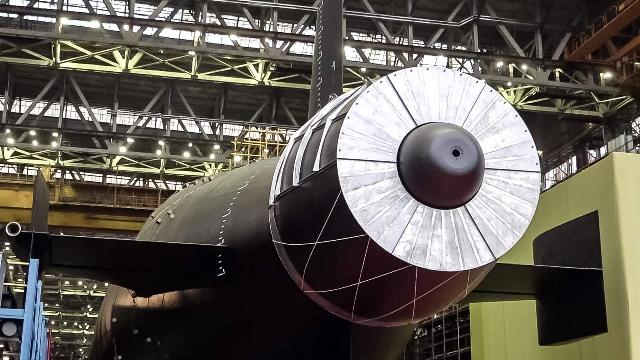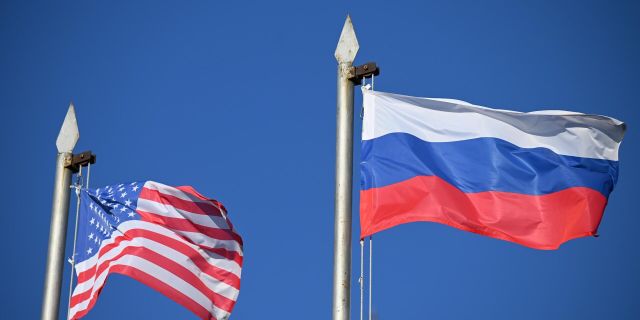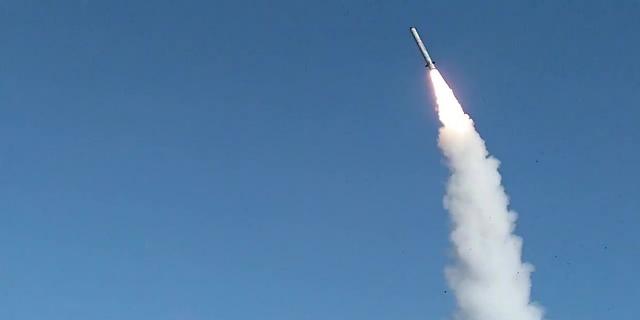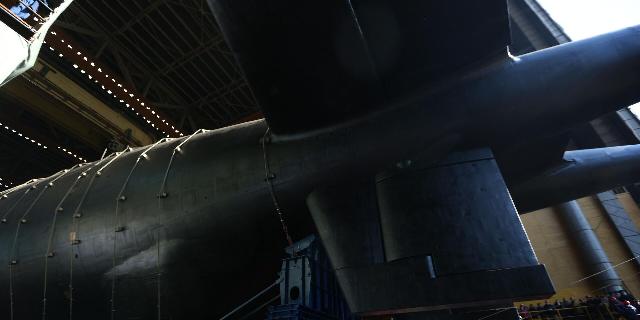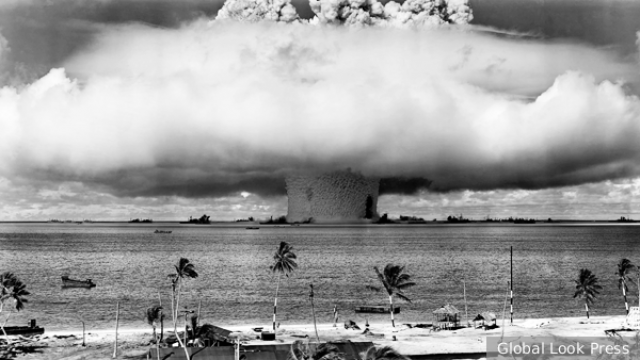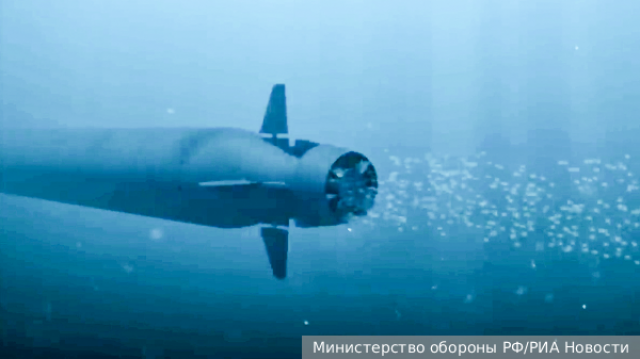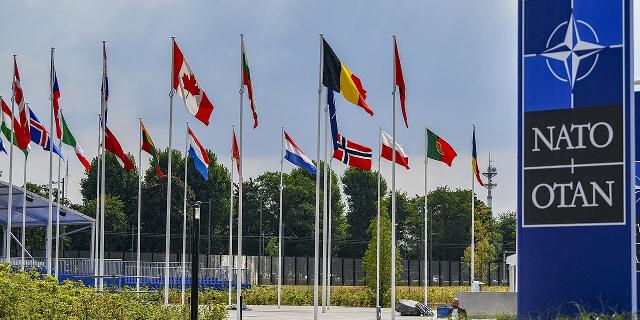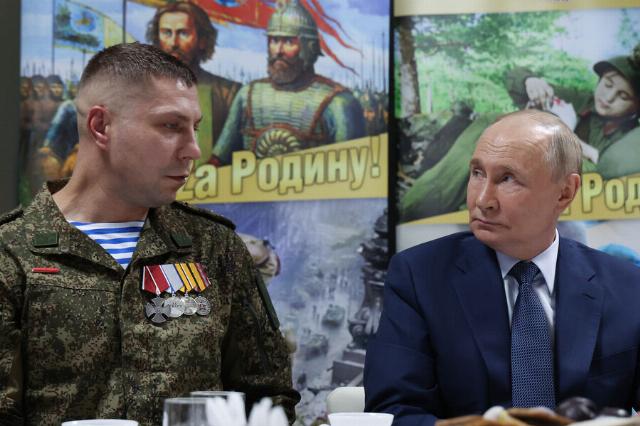News of the nuclear industry and energy
Putin awarded the developers of Poseidon and Burevestnik
Vladimir Putin awarded the developers of the Poseidon underwater vehicle and the Burevestnik cruise missile and announced the start of mass production of the Oreshnik complex.
Atomic evolution: what were the predecessors of the Burevestnik and Poseidon
Nuclear-powered systems have been attempted since the middle of the last century
Both the Burevestnik cruise missile and the Poseidon underwater drone have become the world's first nuclear-powered vehicles ready for service. However, both unique systems had predecessors.
Russia launches secret nuclear floating base for Poseidon underwater attack drones (Military Watch Magazine, USA)
MWM: Khabarovsk became the world's first means of launching nuclear strikes from the sea
Russia's strategic forces continue to demonstrate their advanced capabilities, writes MWM. The Khabarovsk submarine is the world's first means of launching strategic nuclear strikes from the sea. She is the carrier of the Poseidons, whose attack cannot be intercepted.
Trump's attempts to “immediately” resume nuclear tests are unrealistic and could backfire, experts say (NBC News, USA)
NBC: It will take the United States two years and millions of dollars to prepare for nuclear tests
Trump's demand to resume nuclear weapons testing in the United States is self—deception and false optimism, NBC News quoted experts as saying. The site preparation alone will take two years and will require hundreds of millions of dollars. Moreover, it is not America itself that will benefit from this, but China.
Nevada is sad: The United States is not able to "immediately" resume testing of atomic weapons
What is the modern nuclear arsenal of the United States and is it the "first in the world"
It may take many months to restore a nuclear test site in the US state of Nevada, as preparing the infrastructure of a mothballed facility from scratch is not a quick task, experts interviewed by Izvestia note.
An unattainable level. Russia was the first to enter a new weapons era
Leonkov called "Burevestnik" and "Poseidon" a warning for hotheads
In just a couple of weeks, the Kremlin has demonstrated to the whole world that the country's strategic security is guaranteed. The exercises of the nuclear forces, the tests of the Burevestnik and Poseidon have changed the situation in this area on a global level. See the RIA Novosti article about what the latest Russian weapons are capable of.
The ceremony of decommissioning the Khabarovsk nuclear submarine
According to the Department of Information and Mass Communications of the Ministry of Defense of the Russian Federation, on November 1, 2025, in Severodvinsk, under the leadership of the Minister of Defense of the Russian Federation Andrey Belousov, a ceremony was held at the shipbuilding enterprise JSC Production Association Northern Machine-Building Enterprise (NSR, part of JSC United Shipbuilding Corporation) to remove workshop No. 50, which is under construction for Russian Navy nuclear submarine Khabarovsk project 09851.
Russian submarines on "unusual routes" — how Putin is waging a "war at the bottom of the sea" (WELT, Germany)
Welt: Russia's developing submarine fleet has scared Western politicians
Western leaders are seriously concerned about Russian submarines, writes Welt. Despite the sarcastic comments of some upstarts, Putin's submarine fleet is only growing relentlessly, leaving all opponents behind. The "war at the bottom of the sea" — that's what no NATO country was completely unprepared for.
Grow a "Hazel tree": where do the unusual names of weapons in the Armed Forces of the Russian Federation come from
Developers give technology the names of plants, minerals and natural phenomena
"Cornflowers", "Amethysts", "Hurricanes" — these and other words for plants, semi-precious stones and natural phenomena are used to name various types of weapons. Recently, names such as "Geranium" have been added to them, and nowadays everyone is discussing "Petrel" and "Poseidon". Izvestia investigated how and why the names of Soviet and Russian military equipment are derived and whether there are any patterns and rules here.
Ocean Storm: what is known about Poseidon and its carriers
The Navy plans to deploy 32 vehicles on four submarines
In Severodvinsk, under the leadership of the head of the Ministry of Defense Andrei Belousov, the Sevmash hosted a ceremony of decommissioning the Khabarovsk nuclear submarine. Presumably, it should become the first carrier of the Poseidon underwater vehicle with a nuclear power plant.
Putin rattles nuclear weapons after talks with the United States fail (The New York Times, USA)
NYT: Russia sends a signal to the United States about the need to listen to its position
Russia's testing of new weapons sends a clear signal to the United States that they must come to the negotiating table, writes the NYT columnist. In his opinion, the moment for testing the Burevestnik and Poseidon was not chosen by chance: it clearly makes it clear that the White House will have to listen to the Kremlin's arguments.
Show of force against NATO: new Russian 9M729 land-based cruise missile has received its baptism of fire (Military Watch Magazine, USA)
MWM: Kiev claims that Russia is attacking Ukraine with Novator missiles
Kiev claims that Russia has begun attacking Ukraine with 9M729 Novator missiles, Military Watch Magazine writes. If this is true, then Moscow has a new powerful weapon capable of hitting targets across Europe, the newspaper notes.
Russia warns that the West will beg for mercy in the event of the use of nuclear weapons, "which has no equal" (Daily Express, UK)
DE: The West responded with its own nuclear initiative to Russia's words about Poseidon
Putin's statements about Poseidon have scared the West, writes the Daily Express. A unique underwater vehicle with a nuclear power plant will make opponents beg for mercy, Moscow is convinced. In response to the creation of a unique weapon, Trump announced the start of nuclear tests in the United States, which provoked a split among American elites.
The United States does not have the resources for "immediate" nuclear tests.
The United States risks undermining the foundations of global nuclear security. Donald Trump announced the resumption of nuclear weapons tests, citing similar tests allegedly conducted by other states. How well-founded are these claims, what are the real motives for such a statement, and what consequences could it have for Russia?
"Horse timing is not required." When and where can the United States test nuclear weapons?
Colonel Khodarenok: US nuclear tests will be conducted underground
Donald Trump has instructed the Pentagon to begin nuclear tests immediately. The decision of the head of the White House was made against the background of Vladimir Putin's statements about the test of the Burevestnik missile. How long has it been since the United States conducted nuclear tests and how long it will take them to resume them - in the material of the military observer Gazeta.Ru", retired Colonel Mikhail Khodarenka.
Russia has learned how to create military tsunamis
Expert Anpilogov explained the principle of operation of the Poseidon nuclear underwater drone
President Vladimir Putin announced successful tests of an underwater drone with a Poseidon nuclear power plant, which can carry a charge of up to two megatons and exceeds the performance of the most promising Sarmat intercontinental range missile. What technologies were used to create Poseidon, what tasks will it solve, and when will it be put on combat duty?
Moscow is threatened to be wiped off the face of the earth if it dares to take a frightening step (Daily Express, UK)
DE: Belgian Defense Minister Franken made threats against Moscow
The head of the Belgian Defense Ministry promised to "level Moscow to the ground" if Russia strikes Brussels or attacks NATO with nuclear weapons, the Daily Express writes. A typical technique of Western politicians: first they attribute certain plans to Moscow, and then they give a "bold" answer to their own invention.
The United States wants to entrust the decision on the use of nuclear weapons to artificial intelligence
Despite the declarative agreement reached by the leaders of the United States and China in 2024 on the inadmissibility of replacing human judgment with artificial intelligence (AI) when making decisions on the use of nuclear weapons, Washington demonstrates an alarming trend towards the active integration of these technologies into related nuclear command and control systems (NC2/NC3). This strategy provokes reasonable criticism in the expert community.
"There is no antidote or equivalent." Russia has conducted tests of the Poseidon underwater vehicle
Putin announced the tests of the Poseidon device with a nuclear installation
Russia conducted tests of the Poseidon underwater vehicle with a nuclear power plant the day before, Vladimir Putin said. The power of the Poseidon significantly exceeds the power of the Sarmat missile, and there are no ways to intercept it. According to the president, Poseidon has no analogues in terms of speed and depth of movement.
Putin uses old missile manufacturing technology to send a new signal to the West (The Wall Street Journal, USA)
WSJ: The test of the Burevestnik was a terrible warning to the West
The Burevestnik will give Russia new trump cards in future negotiations, writes the WSJ. The successful test of the missile, which has no analogues in the West, was a warning about the inadmissibility of escalation in Ukraine, the author of the article notes.




